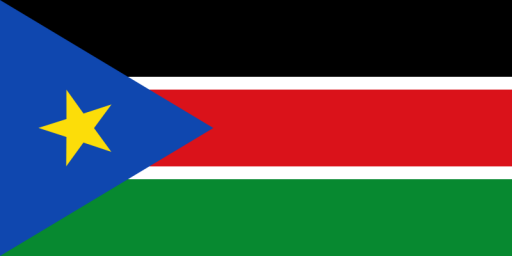Blackwater Mercs in Sudan
Bill Sizemore of The Virginian-Pilot reports on efforts by Blackwater Security to secure contracts in Sudan.
Always on the lookout for new markets, Blackwater USA may be close to getting a toehold in one of Africa’s most strife-torn spots. The Moyock, N.C.-based private military company is angling for a role training security forces in southern Sudan, where a fragile peace agreement has been threatened recently by sporadic flare-ups of a decades-long civil war. Ezekiel Lol Gatkuoth, head of mission in Washington for southern Sudan’s regional government, said he expects Blackwater to begin training the south’s security forces within the next few weeks.
[…]
The company has trained thousands of military and law enforcement personnel at its 7,000-acre Moyock compound. It also provides security services around the world for a variety of clients. One of the biggest is the U.S. State Department, which has awarded the company more than $300 million in no-bid contracts to guard its diplomatic personnel in Iraq.
[…]
Nancy Beck, a State Department spokeswoman, said the department is aware of Blackwater’s training proposal for southern Sudan but had no comment on it.
Until last fall, such an operation would have been illegal. In 1997, the United States imposed a trade embargo against Sudan, accusing it of supporting international terrorism, destabilizing its neighbors and committing human rights violations including slavery and denial of religious freedom. The embargo covered contracts for services. In October, President Bush signed an executive order lifting those sanctions from certain areas of the country, including the south.
The strife in southern Sudan is distinct from the continuing violence in the Darfur region in the western part of the country, where millions have been killed or displaced from their homes since 2003.
Last year, Blackwater vice chairman Cofer Black proposed dispatching a brigade-size force of private soldiers to Darfur as part of U.N. peacekeeping efforts there, but so far the company has not been able to sell the idea.
John Robb notes that the company “advertises itself as a ‘a turnkey solution provider for 4th generation warfare’ and a potential provider of a service termed ‘Janjaweed-be-gone.'” He’s non-judgmental about this.
Surely, however, the prospect of private American companies engaging in military or quasi-military functions for the highest bidder is problematic? It’s worrisome enough that the U.S. government has so relied on Blackwater and its ilk for “security” in Iraq, paying a premium price to mercenary contractors for jobs that soldiers should be doing. At least, after some recent changes to the law, they are under our control, acting as quasi-government employees.
Clearly, however, Blackwater is willing to work for whoever has the coin. Have gun, will travel and all that. I can’t help but think few abroad will make the distinction that they are private citizens acting on their own behest; they will simply be viewed as “Americans.” Mercenaries are not our best emissaries.
UPDATE: Richard Fernandez, by contrast, sees this as the free market as its finest:
Whether or not Blackwater type security companies will ever be used to supplement humanitarian missions, it remains true that the private sector is a repository of field experience in the War on Terror. Not just in providing physical security but also in the provision of services, such as logistics and even intelligence analysis. The role played by nongovernment institutions in fighting against terrorism has gone largely unstudied. Security contractors, technology startups, translation services, consulting companies and even bloggers and privately funded Internet sites contribute substantially to the effort. They represent a capacity which will eventually be employed, if not by the UN, then by other customers who cannot ignore their utility.
While my general inclination, especially on economic matters, is libertarian, I’m rather conservative in my preference that the state maintain a monopoly on violence.



